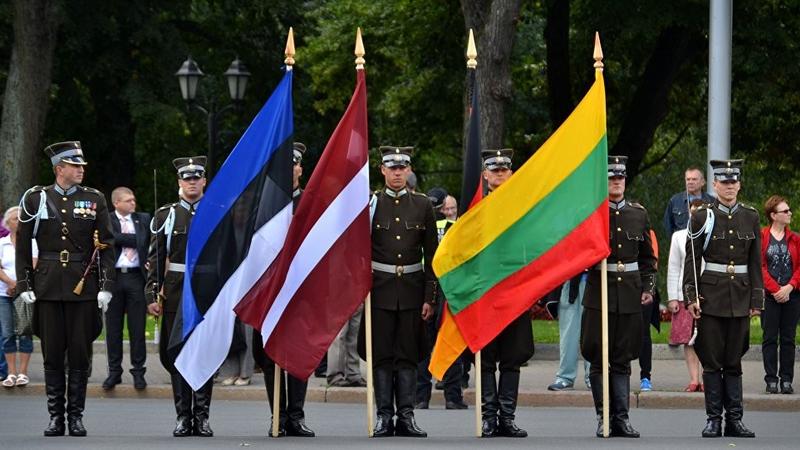Estonia, Latvia, and Lithuania are drawing up large-scale civil defense plans to prepare for possible mass evacuations in the event of a Russian military buildup or attack, officials told Reuters in a report published Thursday.
Recent months have seen a marked increase in Russian military activity across Europe, with fighter jets violating Estonian airspace and drones repeatedly entering NATO airspace. These incursions have heightened regional tensions and reinforced the urgency of civil defense planning across the three countries.
Alarmed by Moscow’s accelerated rearmament and recent incursions into European airspace, the three NATO members are coordinating new contingency measures first agreed in May, including designated evacuation routes, transport networks, and accommodation sites capable of housing hundreds of thousands of people.
Lithuanian officials said half of the population living within 40 kilometers of the borders with Russia and Belarus - about 400,000 people - could be relocated in an emergency. Kaunas, Lithuania’s second-largest city, has drawn up plans to shelter up to 300,000 evacuees in schools, churches, universities, and public arenas.
“It’s a very reassuring message to our society that we are ready and we are planning,” Lithuanian national security adviser Kęstutis Budrys said, emphasizing that civil protection preparations are now routine.
In Estonia, authorities are preparing to rehouse roughly 10% of the country’s 1.4 million residents, while Latvia estimates that up to a third of its 1.9 million citizens might need to move temporarily under worst-case scenarios.
Officials say the planning exercises - many still classified - now take place weekly as Russia intensifies cyberattacks, drone incursions, and disinformation campaigns in the region. Evacuation plans also consider the potential for panic or unrest among Russian-speaking communities.
Estonian emergency advisor Ivar Mai said the risk of Russia attempting to seize the Suwałki Gap - the narrow Polish corridor linking the Baltics to the rest of NATO - was also factored into the evacuation plans.
Russia has denied having any plans to attack NATO countries, but Baltic officials say the threat cannot be ignored after Moscow’s full-scale invasion of Ukraine in 2022, which followed months of similar denials.




